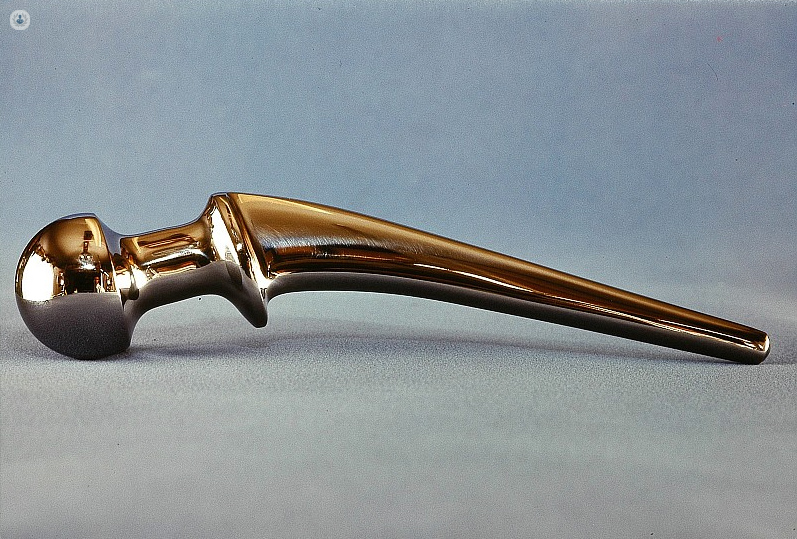Revision hip replacement surgery is a procedure performed to replace or repair an existing artificial hip joint that has either worn out, loosened, or become damaged over time. While a total hip replacement is designed to last for many years, factors such as wear and tear, infection, or bone loss can necessitate a second surgery to restore function and relieve pain.
Unlike the initial hip replacement, revision surgery is often more complex. This is because the surgeon must remove the existing implant, which may have become integrated into the surrounding bone, before placing the new one.
Additionally, the patient may have experienced bone loss or other complications that make the procedure more technically challenging. It requires a high level of expertise and specialised planning to ensure that the new implant is securely positioned and functional.

When it is required
Several factors can lead to the need for revision surgery. These include implant loosening, where the components no longer fit tightly within the bone, and osteolysis, where the bone around the implant deteriorates. In some cases, infection or joint instability may also be reasons for revision. Pain, limited mobility, and a noticeable decrease in the joint's function are typical symptoms indicating that revision surgery may be necessary.
Recovery
The recovery process after revision hip replacement surgery tends to be longer and more demanding compared to the initial procedure. Physical therapy is a crucial component, helping patients regain strength and mobility in the hip joint. The success of the surgery largely depends on the patient’s overall health, the quality of the bone, and the surgeon’s skill.
For patients experiencing problems with their original hip replacement, revision surgery offers a second chance at regaining mobility and improving quality of life, often with long-lasting results.



